Long COVID Studies in Dallas, TX
A Longitudinal Study of COVID-19 Sequelae and Immunity: Baseline Findings
A substantial proportion of persons who develop COVID-19 report persistent symptoms after acute illness.
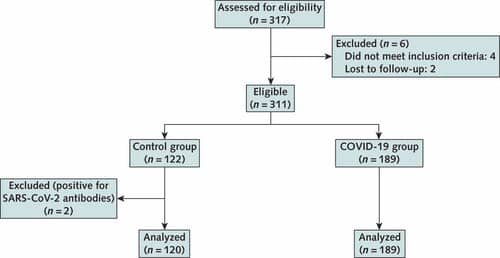
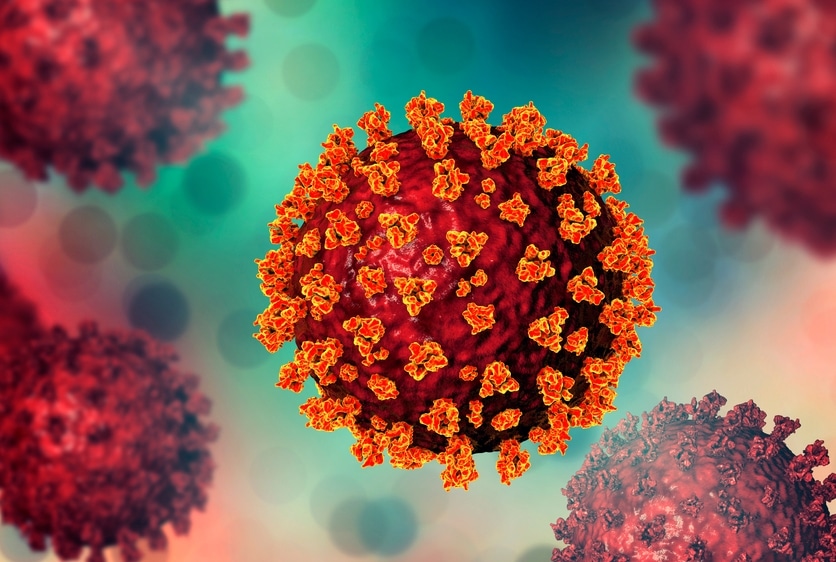
Study Identifies Four Major Subtypes of Long COVID
The study, published Dec. 1 in Nature Medicine, was the largest of its kind to examine long COVID.
Studies show long-haul COVID-19 afflicts 1 in 4 COVID-19 patients, regardless of severity
Doctors have been estimating one-quarter to one-third of COVID-19 patients become long haulers, as many patients call themselves.

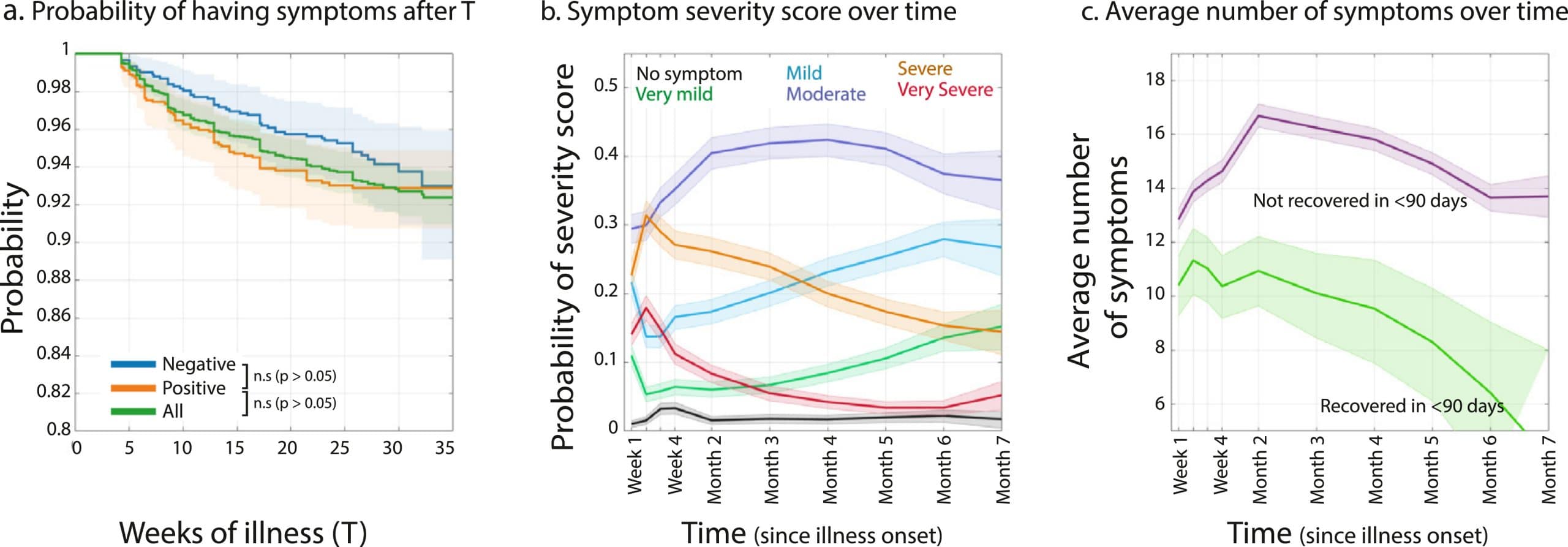
Characterizing long COVID in an international cohort: 7 months of symptoms and their impact
A significant number of patients with COVID-19 experience prolonged symptoms, known as Long COVID.
Most COVID-19 patients recovered with low mortality; however, some patients experienced long-term symptoms described as “long-COVID” or “Post-COVID syndrome” (PCS).
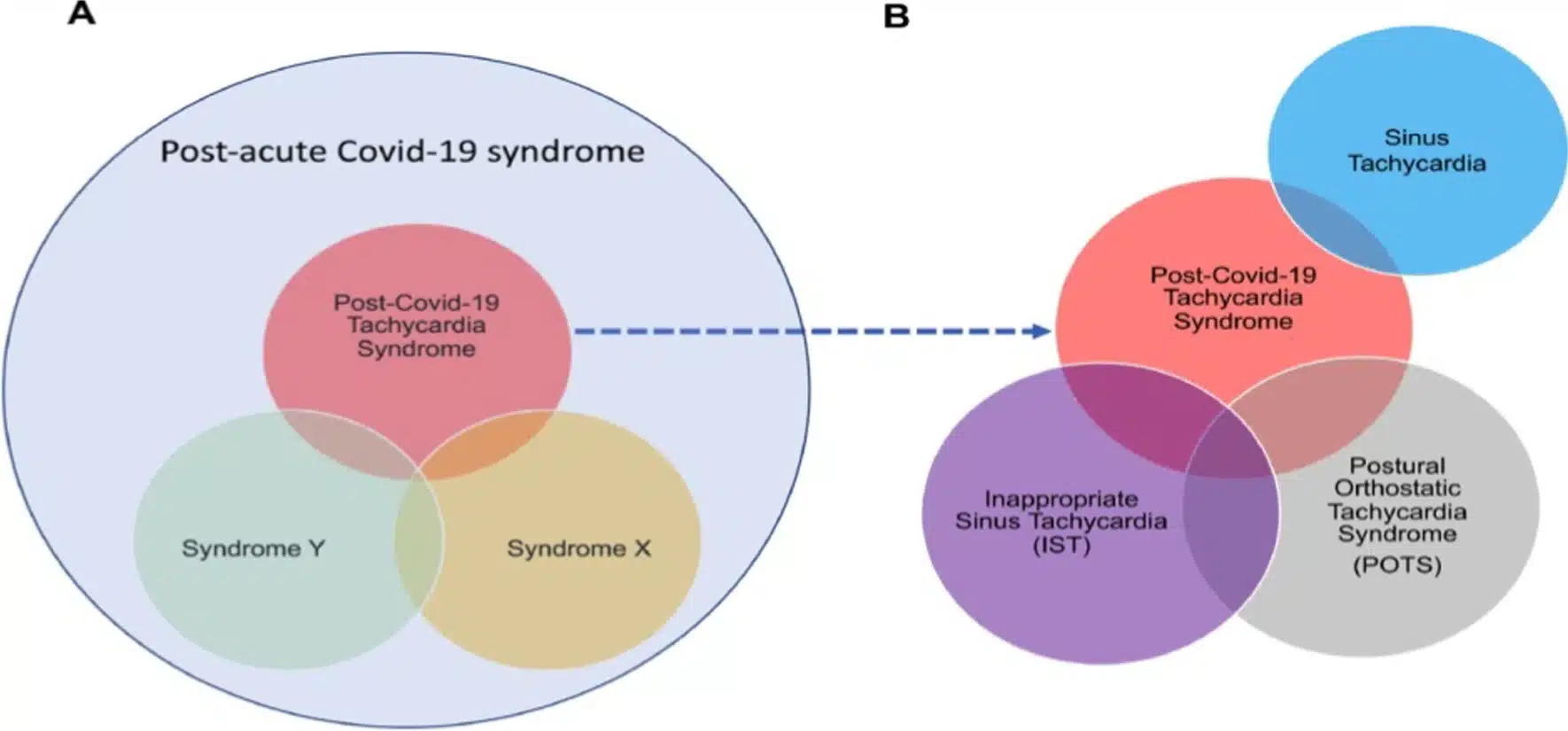
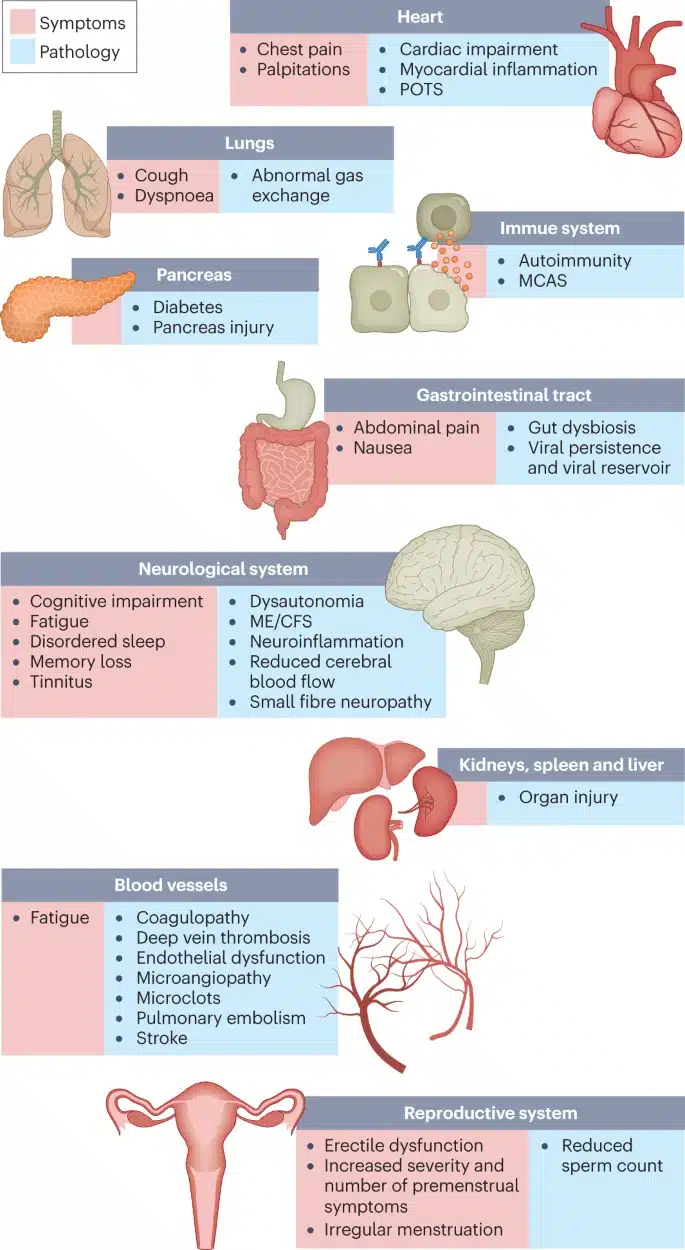
Long COVID is an often debilitating illness that occurs in at least 10% of severe acute respiratory syndrome coronavirus 2 (SARS-CoV-2) infections. More than 200 symptoms have been identified with impacts on multiple organ systems.
Outpatient treatment of COVID-19 and incidence of post-COVID-19 condition over 10 months (COVID-OUT)
Post-COVID-19 condition (also known as long COVID) is an emerging chronic illness potentially affecting millions of people.
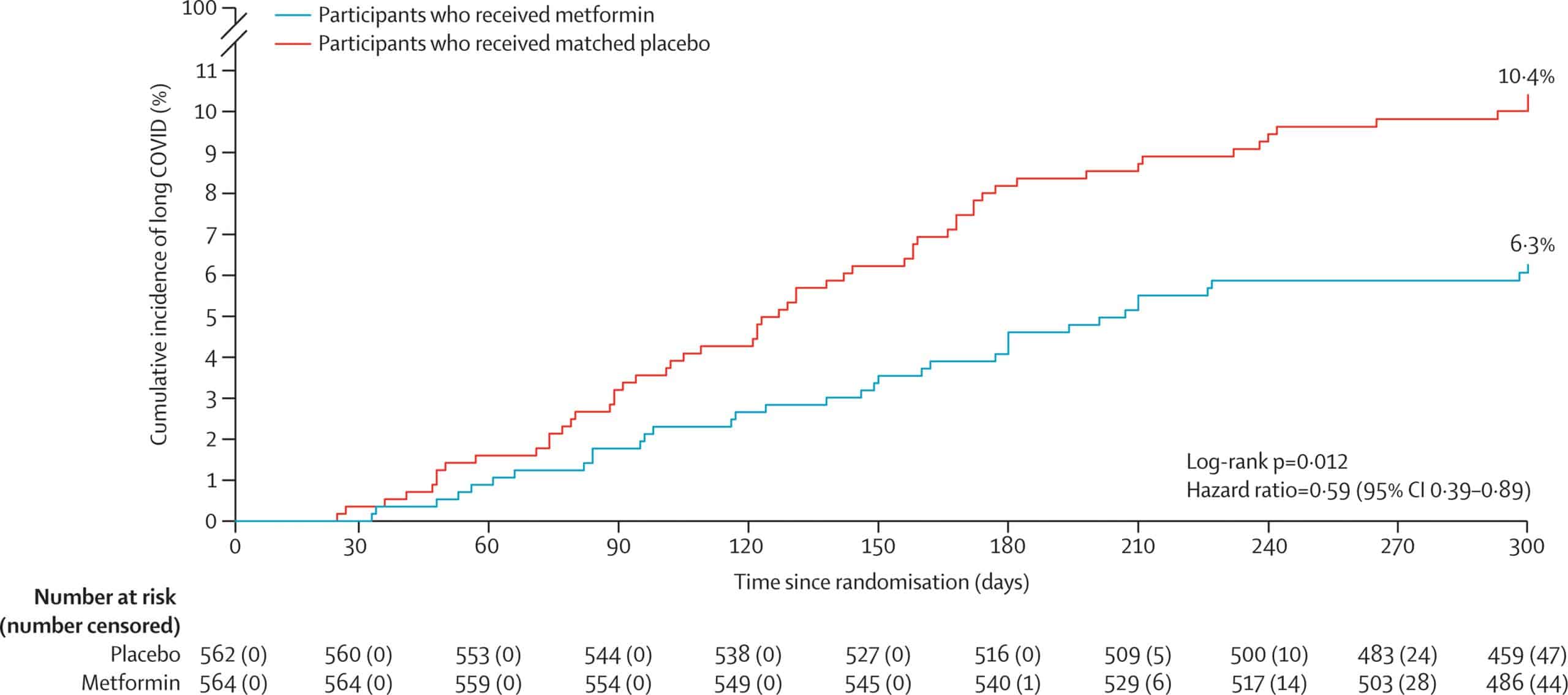
Stellate Ganglion Block for Long COVID Symptom Management: A Case Report
Stellate ganglion block (SGB) is gaining increasing acceptance as a treatment modality for various medical conditions.
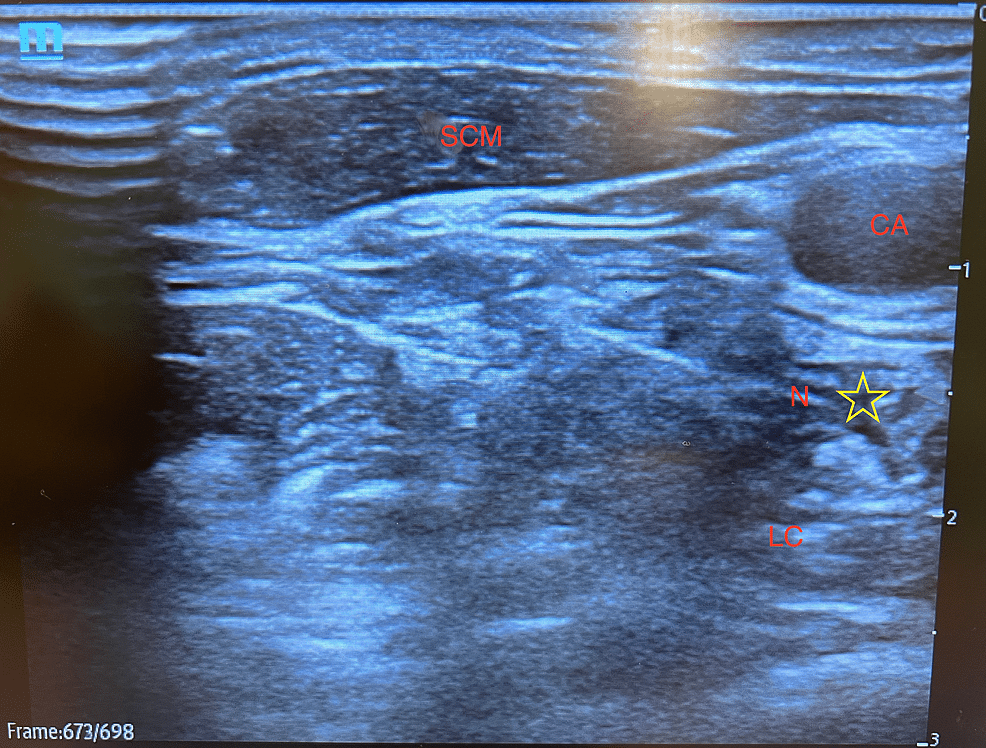

Stellate Ganglion Block to Treat Long COVID 19 Case Series
We evaluated the treatment results of 41 patients (18 male and 23 female) aged between 18 and 89, who received Stellate Ganglion Block (SGB) with Ultrasound guidance for Long COVID-19 Syndrome.
Stellate ganglion block for anosmia and taste disturbance due to Long-COVID
Anosmia and parosmia refer to loss or dysfunction of smell, respectively.

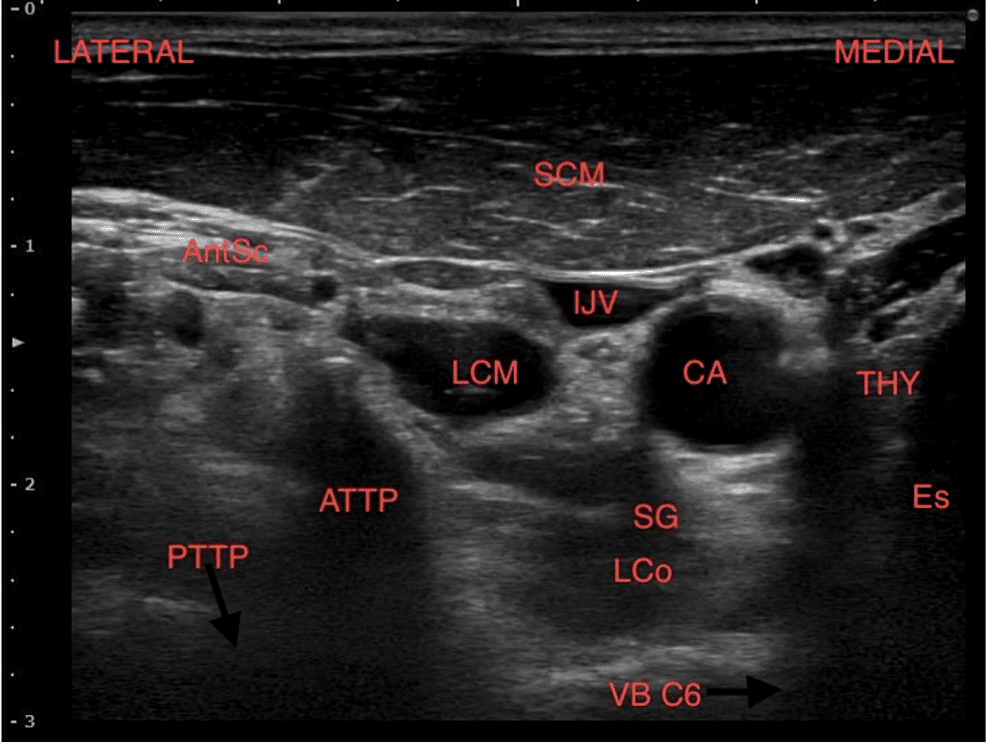
Stellate Ganglion Block Relieves Long COVID-19 Symptoms in 86% of Patients: A Retrospective Cohort Study
Post-COVID-19 condition, also known as long COVID-19 syndrome and post-acute sequelae of SARS-CoV-2, encompasses an array of symptoms that persist well beyond the initial phase of the viral infection.
Data-driven identification of post-acute SARS-CoV-2 infection subphenotypes
The post-acute sequelae of SARS-CoV-2 infection (PASC) refers to a broad spectrum of symptoms and signs that are persistent, exacerbated or newly incident in the period after acute SARS-CoV-2 infection.
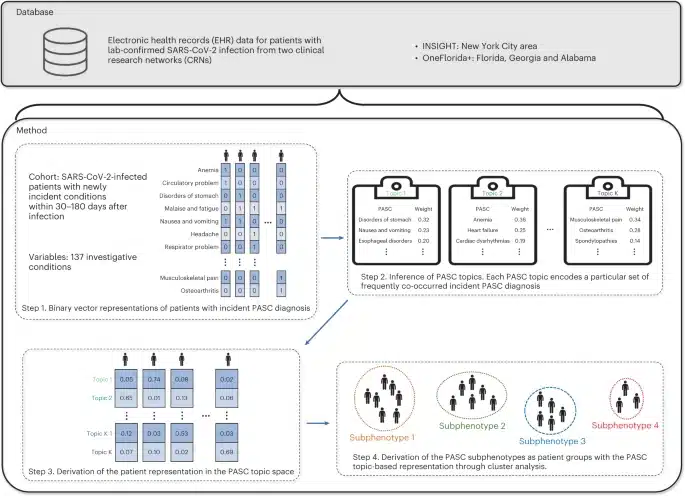
Autonomic dysfunction in ‘long COVID’: rationale, physiology and management strategies
The SARS-CoV-2 (COVID-19) pandemic has caused unprecedented morbidity, mortality and global disruption.
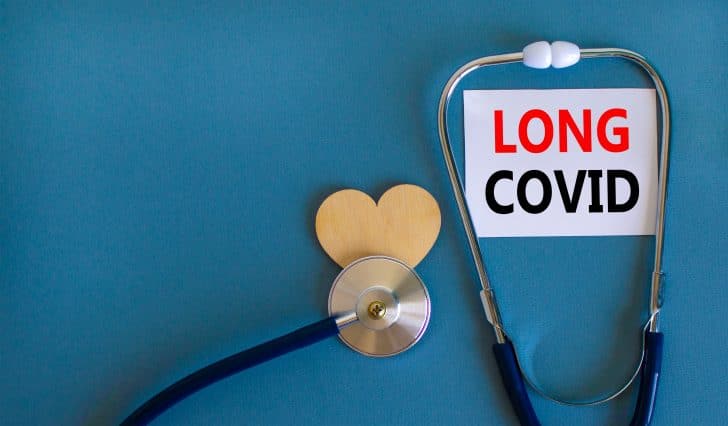

Investigating the possible mechanisms of autonomic dysfunction post-COVID-19
Patients with long COVID suffer from many neurological manifestations that persist for 3 months following infection by SARS-CoV-2.
Characterization of Autonomic Symptom Burden in Long COVID: A Global Survey of 2,314 Adults
The primary goal of this study was to assess the frequency and severity of autonomic symptoms in PASC.

A pilot randomized controlled trial of supervised, at-home, self-administered transcutaneous auricular vagus nerve stimulation (taVNS) to manage long COVID symptoms
Although the coronavirus disease 19 (COVID-19) pandemic has now impacted the world for over two years, the persistent secondary neuropsychiatric effects are still not fully understood.
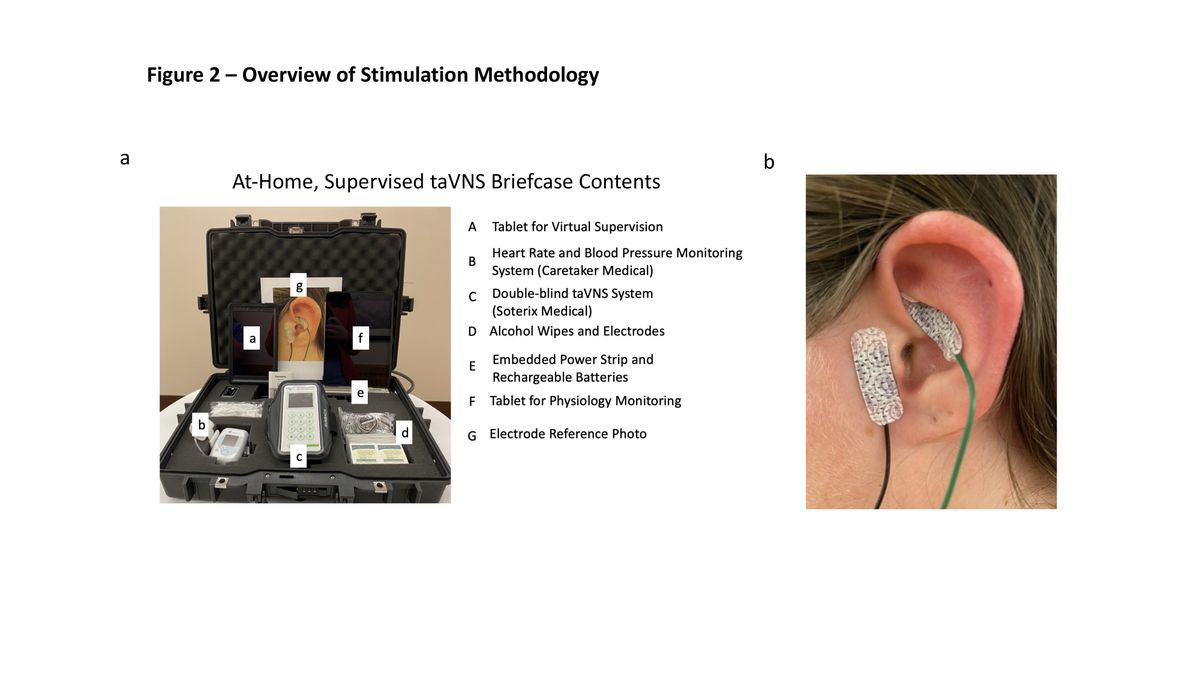
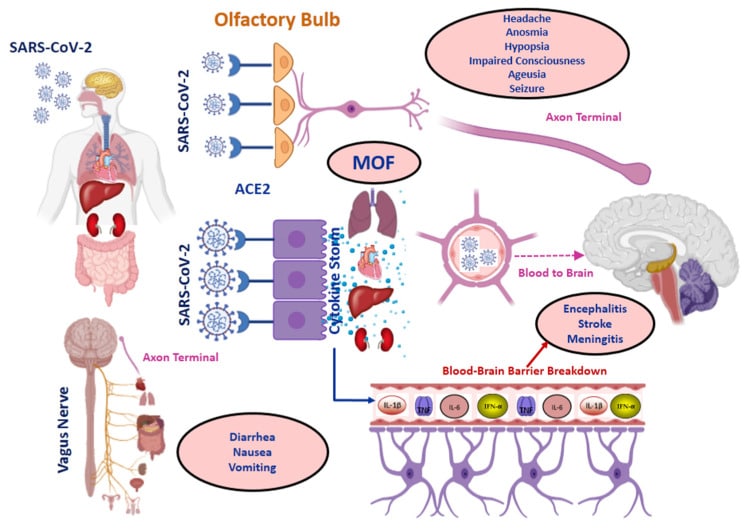
Impaired Vagal Activity in Long-COVID-19 Patients
Long-COVID-19 refers to the signs and symptoms that continue or develop after the “acute COVID-19” phase. These patients have an increased risk of multiorgan dysfunction, readmission, and mortality.
Transcutaneous Vagus Nerve Stimulation in the Treatment of Long Covid-Chronic Fatigue Syndrome
Many patients do not recover following Covid infection. The resulting illness is called Long Covid.


A Promising Method For Post-COVID/Long-COVID Syndrome: Noninvasive Vagus Nerve Stimulation
COVID-19 pandemic has caused unprecedented morbidity, mortality and global disruption. While most COVID-19 patients have mild symptoms and recover within several weeks, more than 50% are left with ongoing symptoms
Autonomic dysfunction in ‘long COVID’: rationale, physiology and management strategies
he SARS-CoV-2 (COVID-19) pandemic has caused unprecedented morbidity, mortality and global disruption. Following the initial surge of infections, focus shifted to managing the longer-term sequelae of illness in survivors.
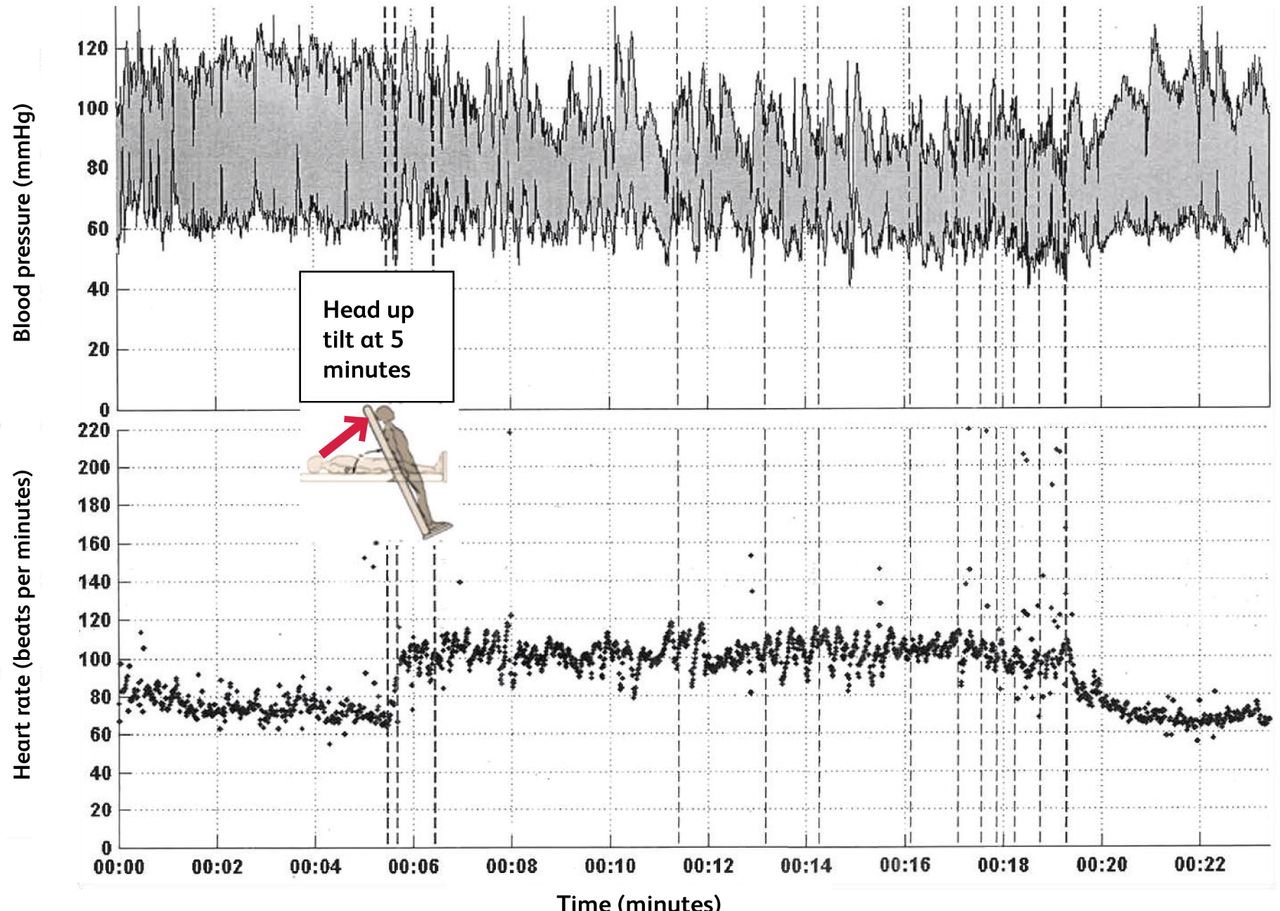
Is the post-COVID-19 syndrome a severe impairment of acetylcholine-orchestrated neuromodulation that responds to nicotine administration?
Following a SARS-CoV-2 infection, many individuals suffer from post-COVID-19 syndrome. It makes them unable to proceed with common everyday activities due to weakness, memory lapses, pain, dyspnea and other unspecific physical complaints.
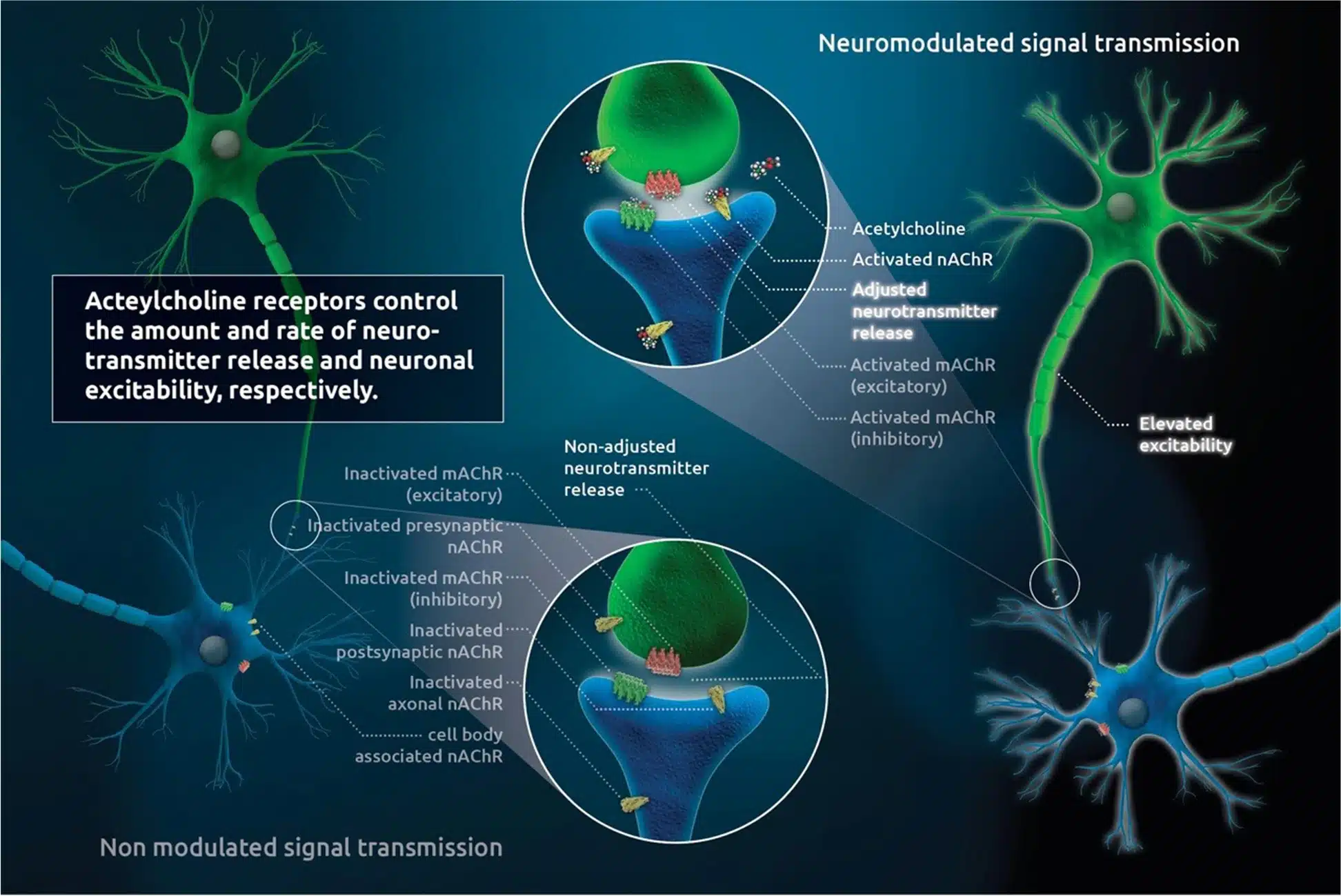
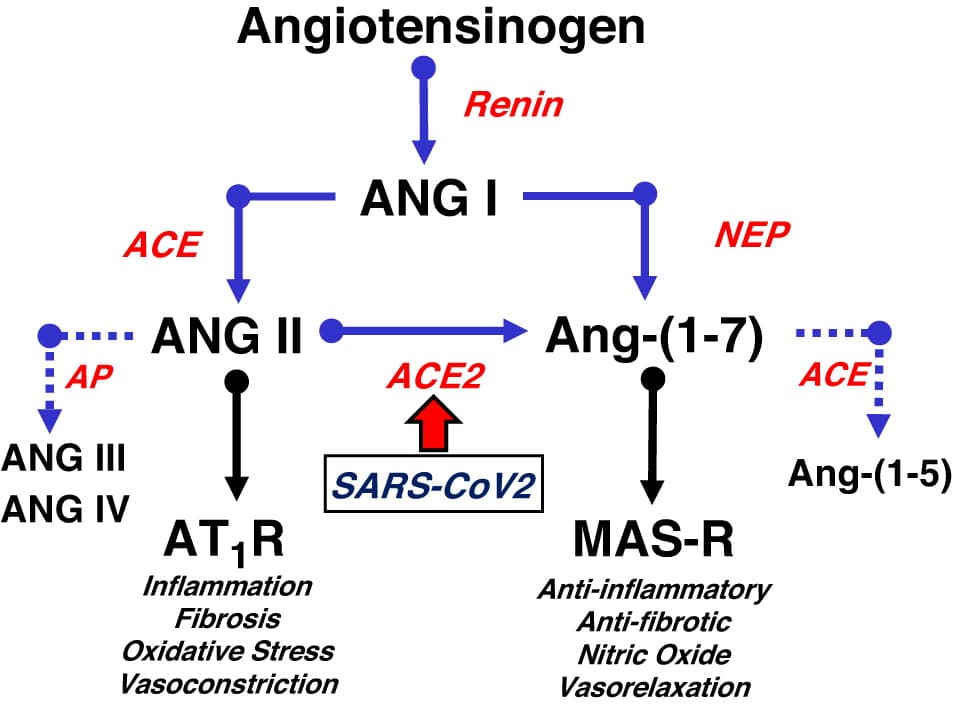
COVID-19, ACE2, and the cardiovascular consequences
The novel SARS coronavirus SARS-CoV-2 pandemic may be particularly deleterious to patients with underlying cardiovascular disease (CVD).
Addiction drug shows promise lifting long COVID brain fog, fatigue
Researchers chasing long COVID cures are eager to learn whether the drug can offer similar benefits to millions suffering from pain, fatigue and brain fog months after a coronavirus infection.
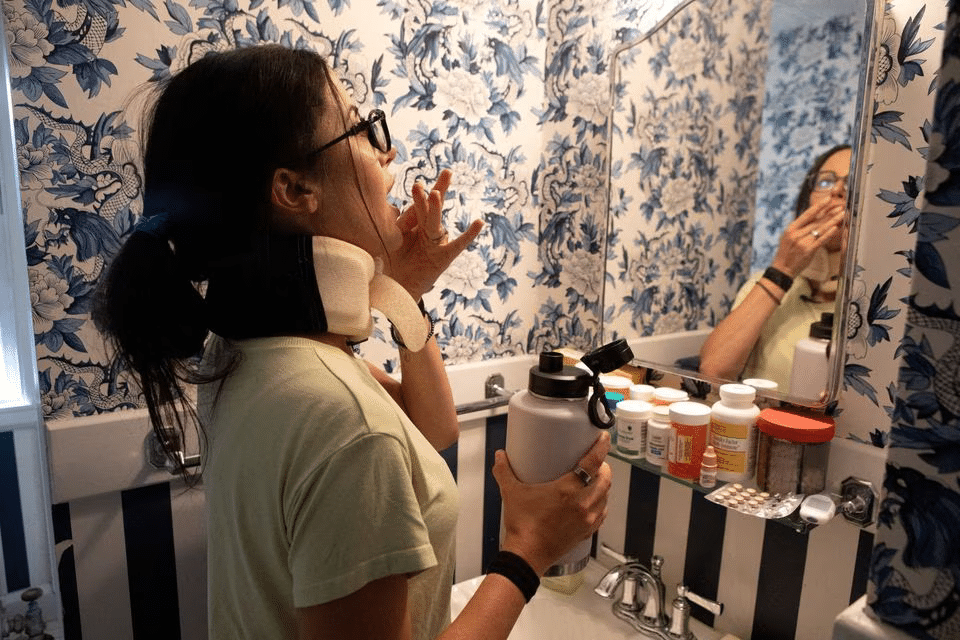

Safety and efficacy of low dose naltrexone in a long covid cohort; an interventional pre-post study
Up to 37.7% of patients experience symptoms beyond 12 weeks after infection with SARS-CoV-2.
Detrimental effects of COVID-19 in the brain and therapeutic options for long COVID: The role of Epstein–Barr virus and the gut–brain axis
The coronavirus disease 2019 (COVID-19) pandemic caused by severe acute respiratory syndrome coronavirus 2 (SARS-CoV-2) infection has resulted in a serious public health burden worldwide.
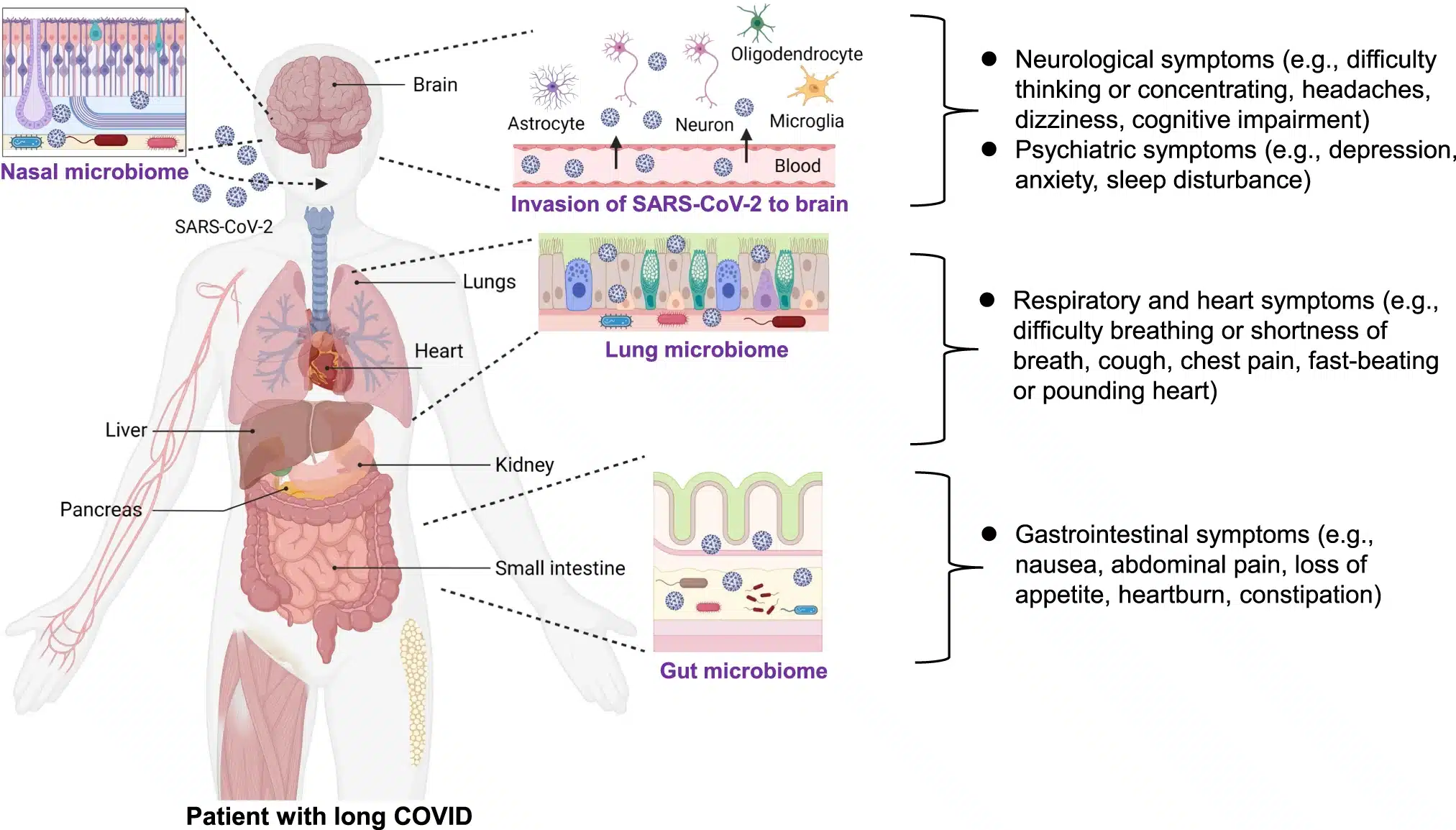
Potential New Treatment for “Brain Fog” in Long COVID Patients
Individuals with long COVID, sometimes referred to as “long-haulers,” experience symptoms that may persist for weeks, months, or even years after their acute viral infection.

Mestinon for Chronic Fatigue Syndrome (ME/CFS), Fibromyalgia, POTS, and Long COVID
Mestinon or pyridostigmine bromide is an acetylcholinesterase inhibitor that prevents the acetylcholinesterase enzyme from breaking down a neurotransmitter called acetylcholine. Mestinon is also classified as a parasympathomimetic – a drug that enhances parasympathetic nervous system activity.
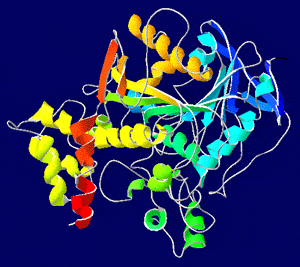

Neurovascular Dysregulation and Acute Exercise Intolerance in Myalgic Encephalomyelitis/ Chronic Fatigue Syndrome
Myalgic encephalomyelitis/chronic fatigue syndrome (ME/CFS) is characterized by intractable fatigue, postexertional malaise, and orthostatic intolerance, but its pathophysiology is poorly understood. Pharmacologic cholinergic stimulation was used to test the hypothesis that neurovascular dysregulation underlies exercise intolerance in ME/CFS.
COVID-19: Famotidine, Histamine, Mast Cells, and Mechanisms
SARS-CoV-2 infection is required for COVID-19, but many signs and symptoms of COVID-19 differ from common acute viral diseases.
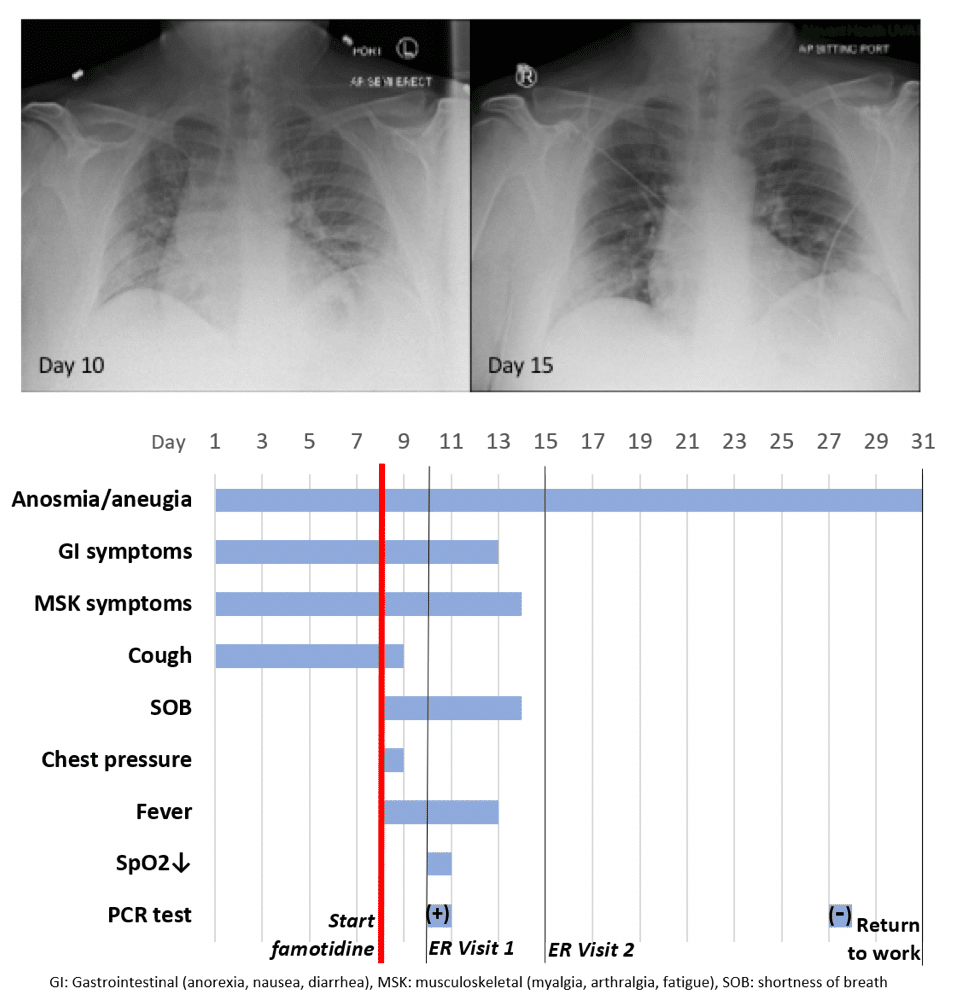

Mast cell activation symptoms are prevalent in Long-COVID
Hyper-inflammation caused by COVID-19 may be mediated by mast cell activation (MCA) which has also been hypothesized to cause Long-COVID (LC) symptoms.
Immunological dysfunction and mast cell activation syndrome in long COVID
At least 65 million people around the world suffer from long COVID-19, with the majority of cases occurring in the productive age (36–50 years old).
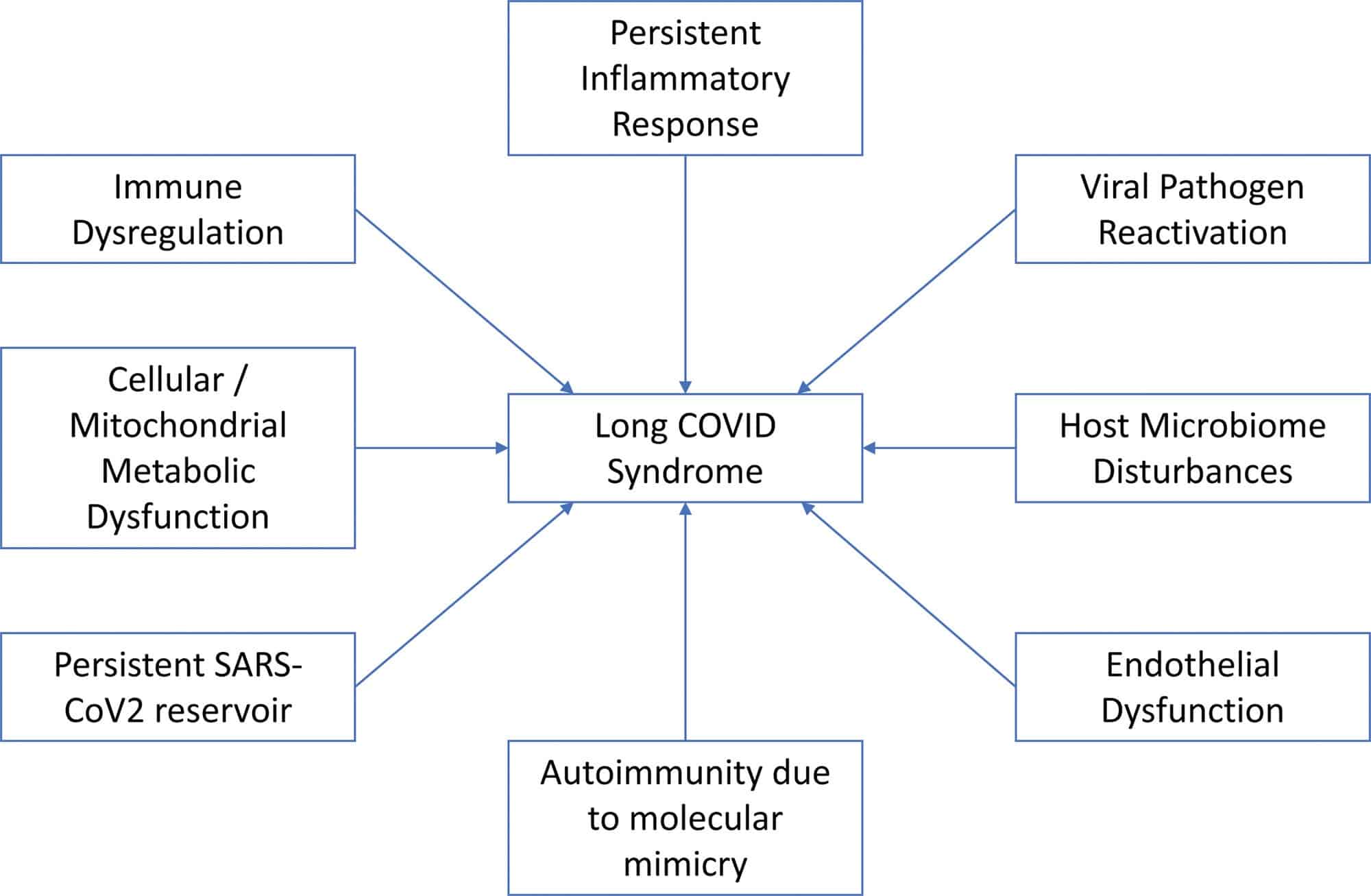
The Emerging Role of Gut Microbiota in Myalgic Encephalomyelitis/Chronic Fatigue Syndrome (ME/CFS): Current Evidence and Potential Therapeutic Applications
The well-known symptoms of Myalgic Encephalomyelitis/Chronic Fatigue Syndrome (ME/CFS) are chronic pain, cognitive dysfunction, post-exertional malaise and severe fatigue.
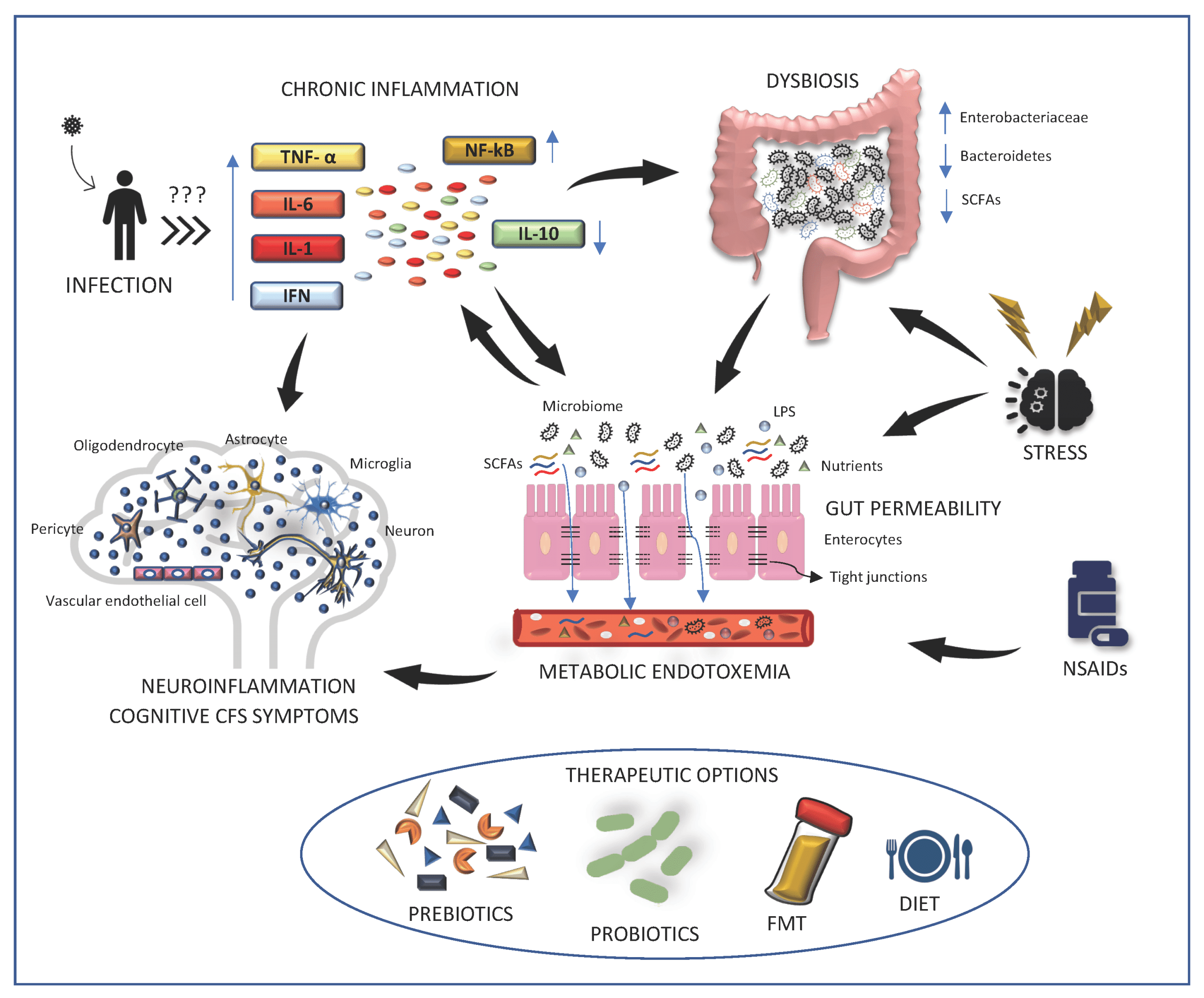
CUHK Develops Oral Capsule Formula to Help Alleviate Long COVID Symptoms
On May 22, the Chinese University of Hong Kong (CUHK) released a research report stating that the risk of long COVID sequelae is related to an imbalance in gut bacteria.

COVID-19 Induced Postural Orthostatic Tachycardia Syndrome (POTS): A Review
POTS (Postural Orthostatic Tachycardia Syndrome) is a multisystem disorder characterized by the abnormal autonomic response to an upright posture, causing orthostatic intolerance and excessive tachycardia without hypotension.
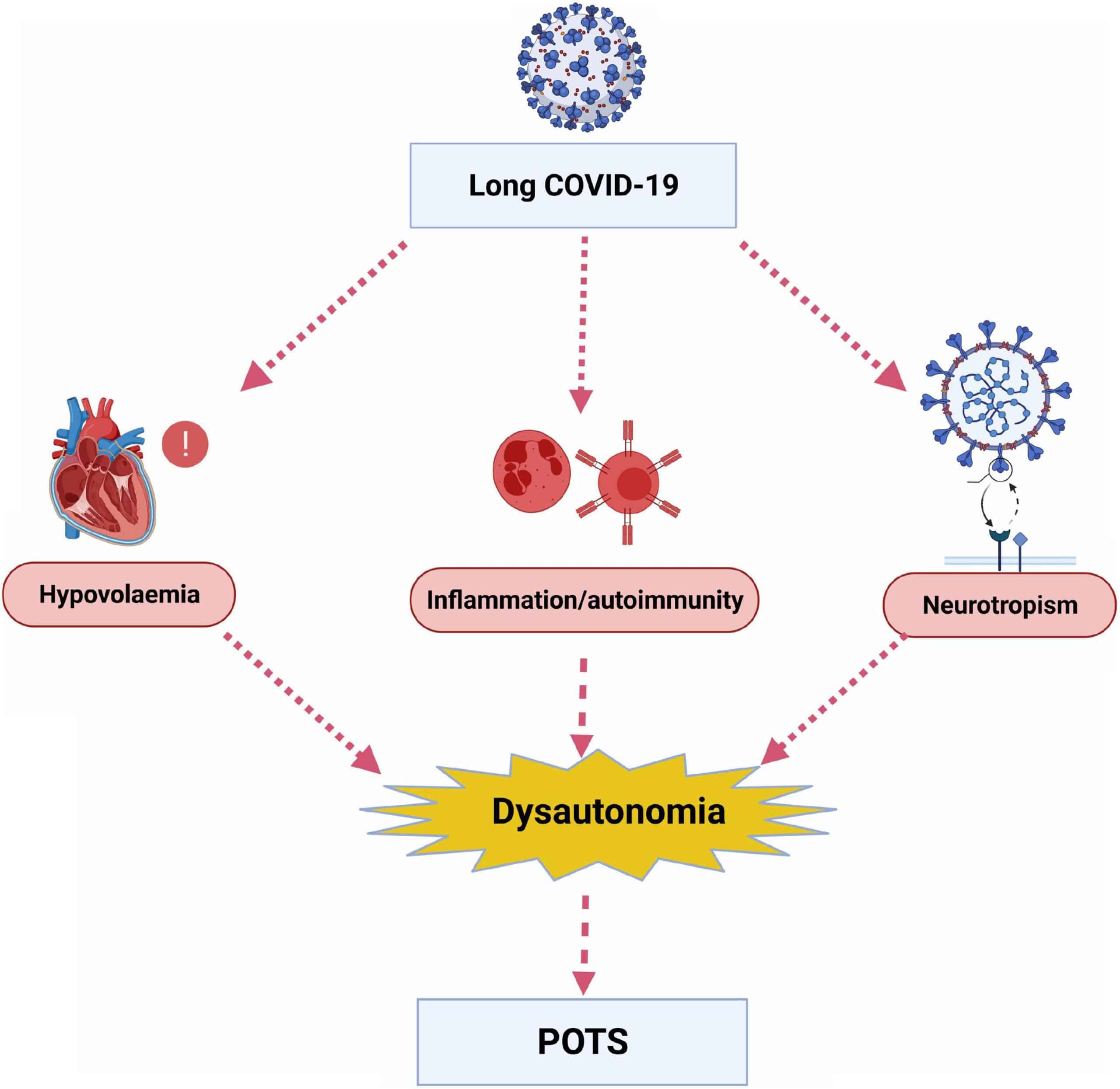
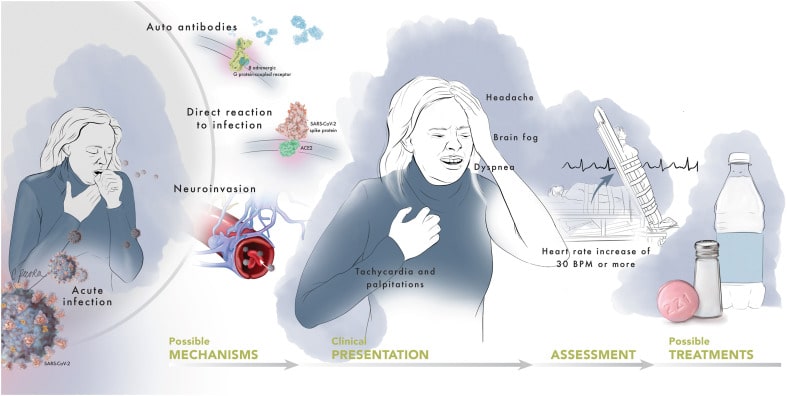
Postural orthostatic tachycardia syndrome as a sequela of COVID-19
Postural orthostatic tachycardia syndrome (POTS) is a complex multisystem disorder characterized by orthostatic intolerance and tachycardia and may be triggered by viral infection.
Long COVID-19 and Postural Orthostatic Tachycardia Syndrome- Is Dysautonomia to Be Blamed?
While the increased arrhythmic tendency during acute COVID-19 infection is recognised, the long-term cardiac electrophysiological complications are less well known.

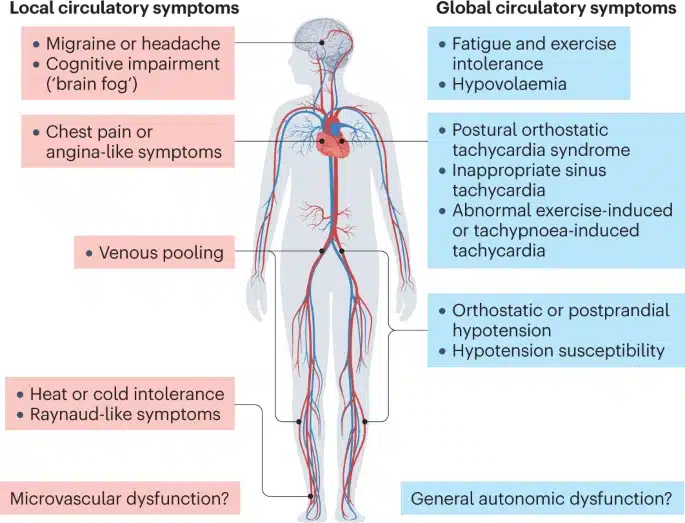
Autonomic dysfunction and postural orthostatic tachycardia syndrome in post-acute COVID-19 syndrome
The post-acute sequelae of COVID-19 present major problems for many patients, their physicians and the health-care system. They are unrelated to the severity of the initial infection, are often highly symptomatic and can occur after vaccination.
Randomized clinical trial “olfactory dysfunction after COVID-19: olfactory rehabilitation therapy vs. intervention treatment with Palmitoylethanolamide and Luteolin”: preliminary results
Approximately 30% of patients with confirmed COVID-19 report persistent smell or taste disorders as long-term sequalae of infection.

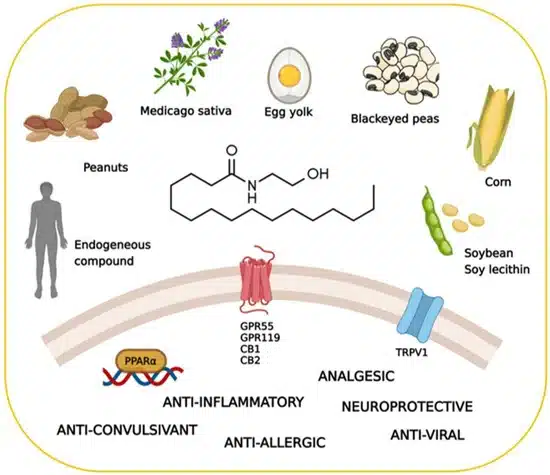
The Use of Palmitoylethanolamide in the Treatment of Long COVID: A Real-Life Retrospective Cohort Study
COVID-19 can cause symptoms that last weeks or months after the infection has gone, with a significant impairment of quality of life.
Tinnitus emerging in the context of a COVID-19 infection seems not to differ in its characteristics from tinnitus unrelated to COVID-19
COVID-19 is a respiratory disease caused by the new coronavirus SARS-CoV-2, for which the first cases were reported in China, by December 2019.
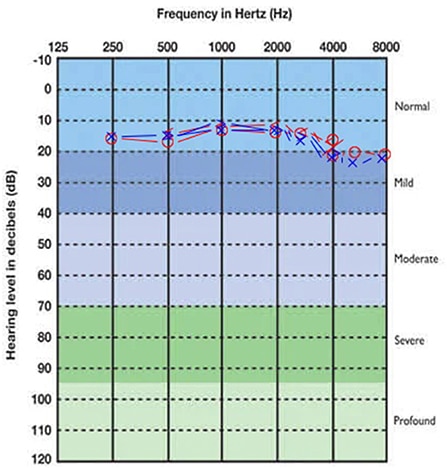
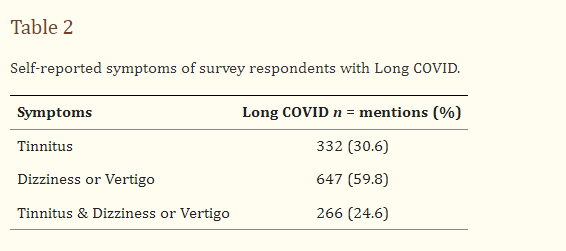
Self-reported Tinnitus and Vertigo or Dizziness in a Cohort of Adult Long COVID Patients
Tinnitus, vertigo and dizziness are symptoms commonly reported among Long and Post COVID patients, however the severity of these symptoms has not been assessed in large trials.
Submit a study for review
Feel Free To Contact Us
If you are international (outside the USA), complete and submit the form, then
Download the appropriate app
For iphone/ipad: https://apps.apple.com/us/app/signal-private-messenger/id874139669
For android: https://play.google.com/store/apps/details?id=org.thoughtcrime.securesms&pcampaignid=web_share
For windows PC: https://signal.org/download/windows/
For MAC computer: https://signal.org/download/macos/
